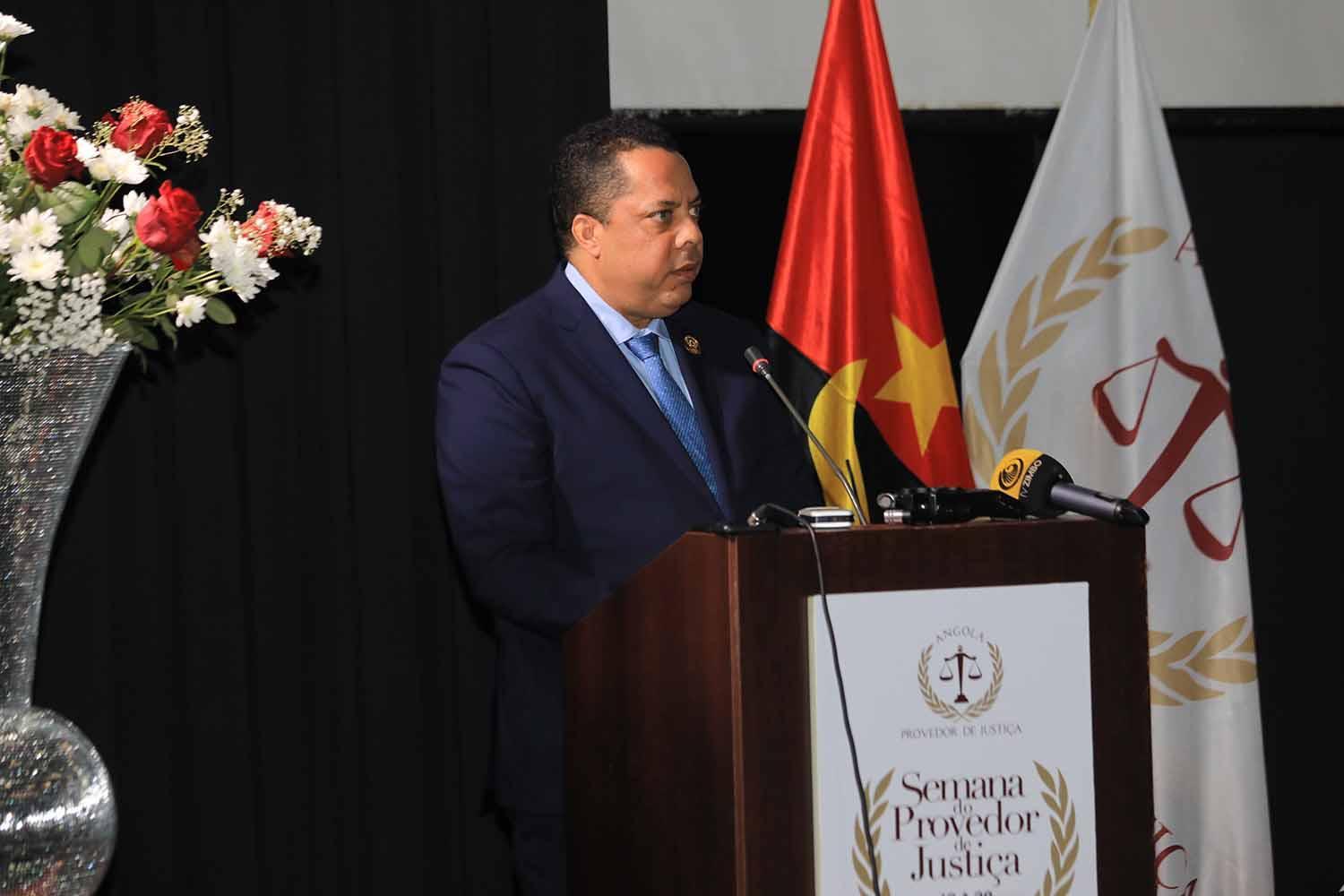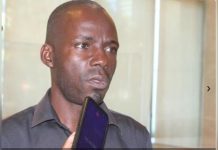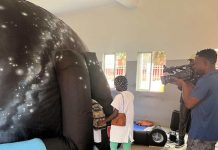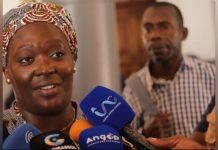Africa-Press – Angola. The third vice-president of the National Assembly (AN), Raúl Lima, said this Tuesday, in Luanda, that parliamentary cooperation plays a fundamental role in strengthening democratic institutions.
Speaking at the opening of the training seminar with the motto “The role of national monitoring and friendship and solidarity groups”, he indicated that strengthening democratic institutions helps to promote transparency in the management of public affairs and increases the responsibility of elected representatives before citizens.
According to the deputy, the sharing of synergies between parliaments has been contributing to jointly facing global challenges, such as climate change, food security, migration, regional and global peace and security.
He emphasized that parliamentary cooperation, as a driving force behind inter-parliamentary relations, has been one of the main mottos of action carried out by the “house of laws” in this legislature, aiming to promote sustainable development between States and exchanges of experiences between parliamentarians at the level political and legislative.
Foreign policy and parliamentary diplomacy
The director of the Strategic Studies Office of the Ministry of Foreign Affairs, Matias Pires, shared, with the deputies, the perspective of parliamentary diplomacy in terms of its relationship with multilateral organizations, the path of Angola’s foreign policy and bilateral cooperation with parliaments of friendly countries.
He noted that diplomatic activity, as being that of the State, means that there are elements of contact between the Executive and Parliament, under the terms of the solemn treaties that Angola negotiates abroad, which require ratification by the AN.
Matias Pires considered the performance of the deputies within the framework of parliamentary diplomacy remarkable, without however distorting the notion of the separation of powers.
“Diplomacy is a State activity and, in this sense, we think that each of the sectors has been contributing to the continuous elevation of the prestige of the Angolan State across borders”, he stressed.
The ambassador requested, on the occasion, AN’s contribution, within the framework of Angola’s assumption of the presidency of the African Union (AU) next year.
The President of the Republic, João Lourenço, is currently the vice-president of the Bureau of the Presidency of the African Union (AU) and in 2025 will assume the rotating presidency of this continental body.
For her part, the president of the National Monitoring Group for South American parliaments, Amélia Ernesto, informed that the event aimed to promote understanding about the dynamics and priorities of South American parliaments in their relationship with African parliaments, in particular Angola.
For More News And Analysis About Angola Follow Africa-Press






